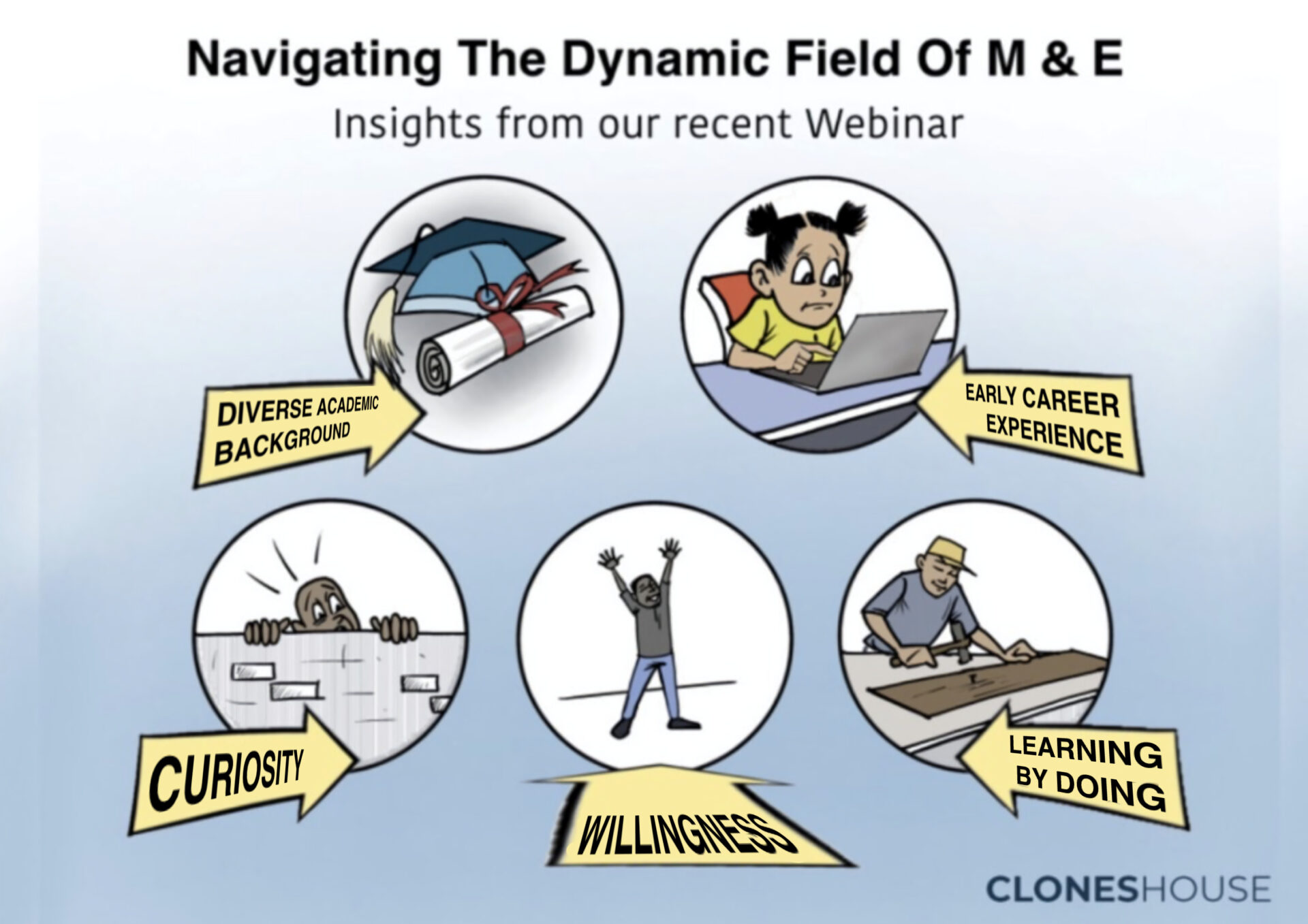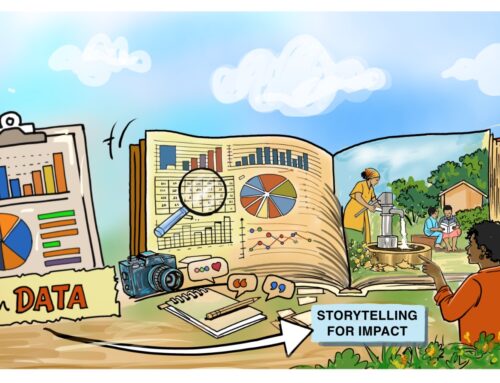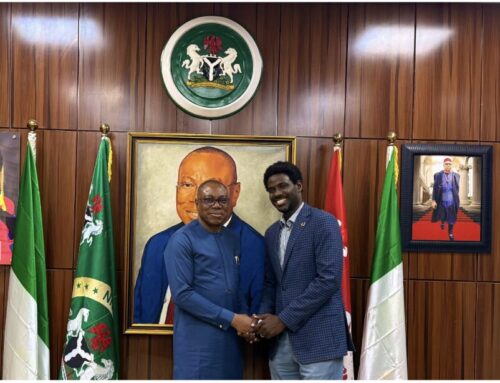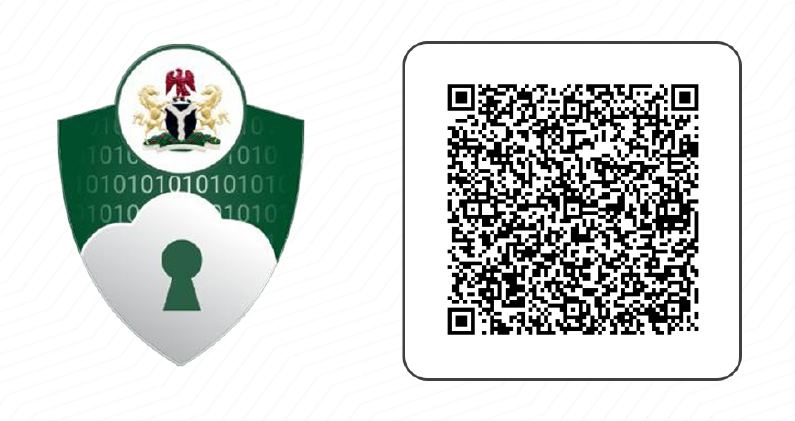Entering the field of Monitoring and Evaluation (M&E) can feel like stepping onto a winding path with many potential turns. To help our interns navigate this exciting terrain, Cloneshouse recently hosted an inspiring and insightful conversation with seasoned M&E professionals. The session offered a wealth of insights into diverse journeys, the essential skills needed, common challenges, and how to stay grounded in the vital work that evaluators do
The speakers shared varied backgrounds that led them to M&E, illustrating that there’s no single route. Claire O’Kane, driven by a passion for working with children, shared her experience of collaborative and child-led research and evaluations. She spoke about her work with various networks and advocacy groups to promote ethical practices when engaging with children, and how she discovered that child-friendly tools for data collection and analysis can empower children to have agency over their own lives.
Ghamlouche, Layal initially studied nutrition and public health, volunteering in research before starting her professional career in a consulting firm purely focused on M&E. She later transitioned to working for an international NGO, first in a field office and then in a global advisory role.
Raquel Pujadas Bach came from a background in international relations and European affairs, initially working on policy and program design in the government and the United Nations. Her direct, hands-on exposure to evaluation came later when she built up her own consulting firm, focusing on peace and security and protection topics, and she eventually decided to launch as a freelancer.
Rachael Okoronkwo had a BSc in biochemistry and started her professional life in an administrative role. Feeling the need for more, she pursued an unpaid M&E internship, which, coupled with prior courses in project management and taking initiative on M&E tasks, led to her first paid M&E role as an assistant and later as an officer.
These stories highlight that there is no one way to get into the field of M&E. Instead, diverse academic backgrounds and early career experiences, combined with curiosity and a willingness to learn, pave the way. Learning by doing was repeatedly emphasized as crucial for career growth.
Beyond technical and methodological expertise, several soft skills were highlighted as critical for success:
- Communication: This is paramount, involving effective interaction with clients, beneficiaries, and technical staff. Crucially, it includes the ability to translate evaluation insights into actionable and useful recommendations that clients can implement.
- Good listening skills: This is also fundamental. Being a good communicator helps bring people on board and fosters collaboration throughout the evaluation process.
- Research Skills & Adaptability: A strong understanding of research methods, including mixed methods, qualitative, and quantitative data collection, is essential for designing good evaluation studies and ensuring that evidence is robust. Staying up to date with data collection tools (like SurveyMonkey, Kobo Toolbox) and understanding emerging trends like Artificial Intelligence in M&E is increasingly important.
- Organizational Skills: Are crucial for keeping evaluations on track and being flexible, especially when juggling multiple stakeholders and shifting timelines.
- Teamwork and Cultural Competence: Evaluations are inherently teamwork, involving evaluators, implementers, beneficiaries, and other stakeholders. Cultural competence is important for working effectively with people from varied backgrounds and sensitivities.
- Adaptability & Flexibility: Circumstances and opportunities change; being open to different paths is key.
Building connections is vital. LinkedIn was mentioned as a great resource for connecting with experts and finding opportunities. Staying in touch with former university professors beyond your degree can also provide valuable references and connections. Attending webinars, conferences, and networking events provides opportunities to connect with peers and senior professionals. A powerful networking strategy is the “web effect“: at the end of a call or meeting with a new person, ask for recommendations of 1 or 2 other people they might introduce you to.
Career progression often involves taking opportunities as they arise, even if the future isn’t fully mapped out. Stepping outside of your comfort zone is where significant learning happens. For younger professionals, putting yourself out there, taking on challenging tasks, and volunteering can accelerate learning and visibility. Identifying a niche or specific area of strength (e.g., data analysis, facilitation, stakeholder engagement, storytelling) can help position yourself effectively, but it’s also valuable to keep your skills broad or have complementary areas of expertise, so that you can step into various opportunities as you grow your expertise.
The field of Monitoring and Evaluation (M&E) presents challenges that experienced evaluators are well aware of.
- Time Pressure vs. Quality: Often, there’s pressure to deliver high-quality evaluations within very limited timeframes. Preparation and a good team help navigate this.
- Vague or Overly Ambitious Terms of Reference (ToRs): ToRs can sometimes be unclear or request a scope that isn’t feasible within the given time or budget. Clarifying key evaluation questions early on is important.
- Being a Young Professional: Younger evaluators may feel the need to work harder or prove themselves twice as much, and keep going.
- Stakeholder Engagement: Challenges include resistance to the evaluation, lack of buy-in, conflicts of interest, and evaluation fatigue among those being consulted. Understanding those and managing them effectively is the art.
Ethics is paramount in M&E, especially when working with sensitive populations. Professionals stressed the need to go beyond simply checking a box and truly commit to principles like informed consent, confidentiality, do no harm, and adapt those to the given context
To sum it up, the field of M&E is constantly evolving, demanding a blend of technical expertise, strong interpersonal skills, and a commitment to ethical practice. The experiences shared by these professionals underscore that while the journey may not always be linear, being proactive, embracing learning by doing, and building a strong network are key to building a career in M&E.
Together with our Cloneshouse team, speakers, and interns, we have put together a resource sheet highlighting key materials on M&E: Resource Sheet.
Which of these tips will you apply to grow your career as a young evaluator?
If you are an experienced evaluator, what strategies have you found most helpful in building your career in M&E?
We look forward to hearing your thoughts in the comments below!
ABOUT THE AUTHORS
Magdalene Nickel is a young professional passionate about evidence-based approaches and the development of inclusive monitoring and evaluation (M&E) frameworks. With a Bachelor’s degree in Global Project and Change Management and ongoing studies in evaluation, she offers expertise in statistical analysis, cross-cultural psychology, and project implementation. She is especially inspired by creating tools for child-led participation and supporting young people as they explore careers in M&E.
Princess Odey is a lawyer with a passion for youth empowerment, policy advocacy, and stakeholder engagement. At Cloneshouse Foundation, she leads community engagement and storytelling efforts that spotlight the voices and contributions of emerging evaluators across Africa. Her versatile skill set and passionate dedication converge to create a formidable force for positive change and embody an unwavering commitment to impact and growth.





